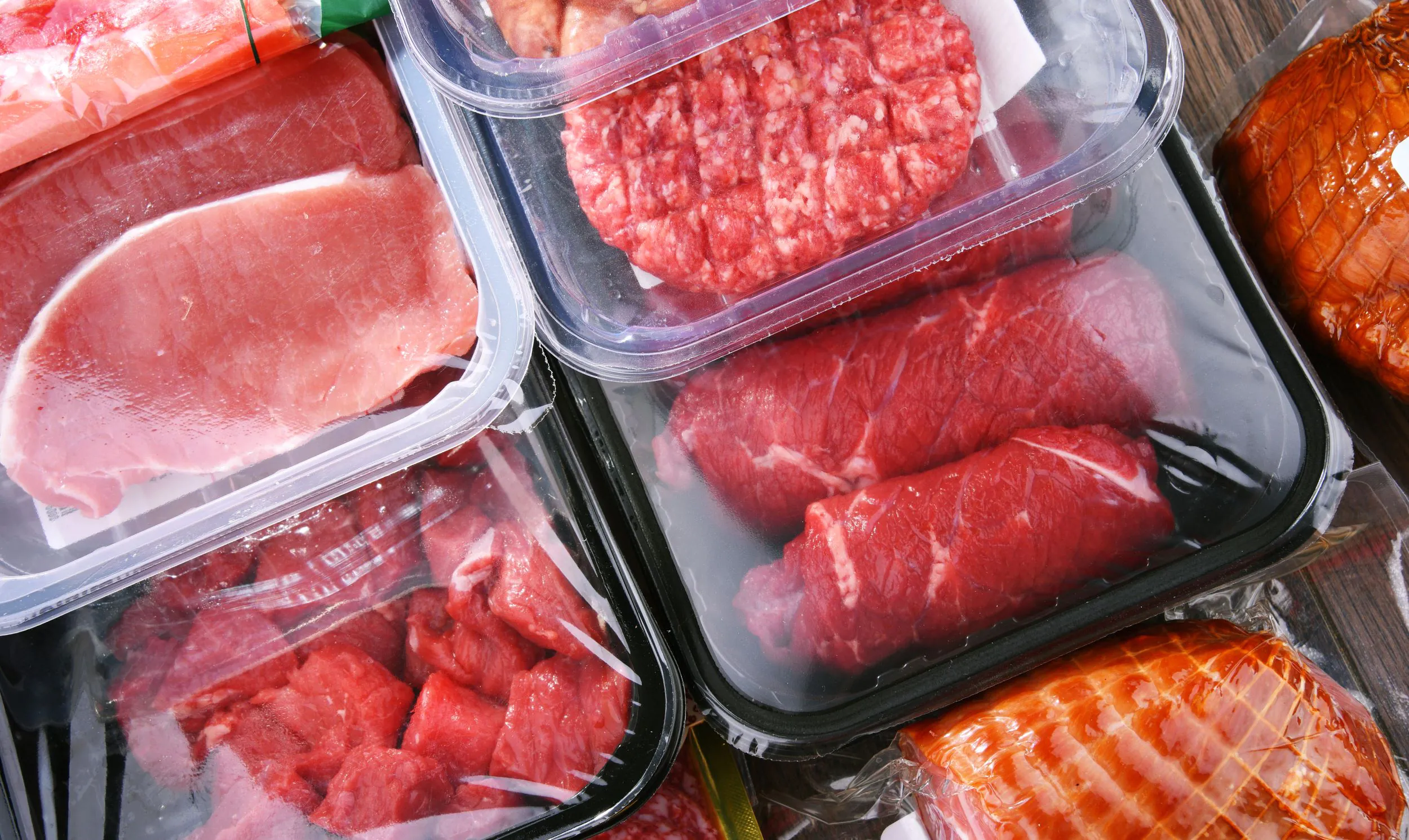The global livestock sector consumes a substantial amount of resources and is responsible for a significant percentage of the world’s greenhouse gases. With a growing push for sustainable practices across industries, this is a significant concern both for animal production and animal processing companies, as well as for governments at national and local levels looking to reduce their environmental footprints.
While some organizations and individuals advocate for a complete shift away from meat production and consumption, this viewpoint overlooks the benefits that well-managed livestock can bring to both the environment and the global economy. As the World Bank observes, there are some regions, such as mountains and drylands, where livestock are the primary or sole source of sustainable food, fiber, and work power for the population, especially in vulnerable communities with low mechanization. Manure is a valuable source of natural fertilizer, and livestock can contribute to biodiversity and to carbon sequestration. However, the organization also acknowledges that there is a lot of room to change and update livestock practices in order to improve sustainability and health outcomes.
There are many ways to mitigate environmental impact at the livestock production level — adjusting animal feed ingredients, sourcing supplies sustainably, using energy-efficient technology and renewable energy, and more — but other areas of the supply chain can make strides towards sustainability as well. Some of the above mentioned strategies are applicable to animal processing, but the industry can also improve their operations in other ways, such as minimizing and repurposing waste and improving the efficiency of plant operations.
Net Zero Beef Processing
Last year, meat processing company ABP saw its Ellesmere beef processing plant become the first in Europe to achieve full carbon neutral status. The plant is a “triple zero” site: zero waste to landfill, net zero carbon emissions, and net zero water usage.
This accomplishment involved a variety of changes and improvements, including adopting durable cardboard packaging, optimizing machine operations, sourcing green building materials, using byproducts from the production process as fuel, and more. The result is a circular economy that drastically reduced the plant’s impact on the environment, cutting its waste generation by 70%, its carbon footprint by 30%, electricity use by 40%, and water consumption by 50%. Meat produced at the Ellesmere plant now boasts emissions of less than half the global average.
Building New Capabilities
In the United States, processing company Nicholas Meats is building a Sustainable Resource Facility meant to treat and repurpose its waste and byproducts. Slated for completion in late 2024, the facility is located across the street from the company’s plant, enabling wastewater to be sent directly to it via underground pipes, while solid waste requires only a short drive. This will result in less traffic, less fuel consumed, and fewer emissions. The facility will treat the wastewater so it can be reused in the plant, and convert the solid waste into fertilizer for local farms and energy in the form of biogas, reducing the plant’s reliance on fossil fuels.
Beef slaughtering involves a high quantity of water — 500 gallons per head is on the low end of the scale for this kind of plant. The Nicholas Meats processing plant is located in an area without a municipal water supply, instead relying on an underground aquifer. Because of this, the company already uses well under the average quantity of water, at 300 gallons per head. With the new Sustainable Resource Facility, the company aims to reuse 90% of that water, dramatically reducing its impact on the water supply.
An Industry-Wide Movement
The above two companies aren’t the only ones working towards greater sustainability in their operations. Many businesses, including industry giants such as Maple Leaf Foods, Cargill, and Tyson Foods, are upgrading their facilities in order to improve efficiency and decrease their impact on the environment. Smart utility meters allow companies to monitor and optimize not only energy usage but also water and gas consumption, and better ventilation systems can conserve and recover energy as well.
While beef production is a significant concern in terms of greenhouse gas emissions and sustainability, it isn’t the only sector looking to reduce its environmental impact. Pork, chicken, lamb, and other animal processing segments leave their mark on the planet and face threats from competing products and discerning customers. As pressures rise from government regulations, consumer demand, and meat alternatives, it will become increasingly important for animal processing companies to reduce waste and emissions and demonstrate that they can operate sustainably.



